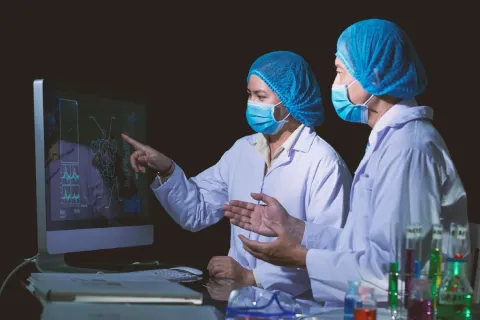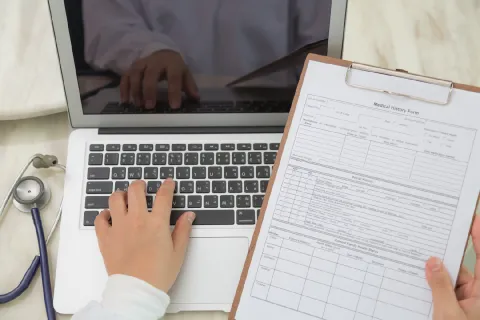
In the fast-evolving world of pharmaceuticals and Regulatory Affairs, the way companies submit their drug applications to health authorities is transforming. One of the key developments in this realm is the implementation of Electronic Common Technical Documents (eCTD) baseline submissions. These submissions have brought about a seismic shift in how Regulatory information is prepared, organized, and submitted to Regulatory agencies, and their significance cannot be overstated.
An eCTD baseline submission is a complete and accurate electronic dossier of a marketing authorization application (MAA) in the Electronic Common Technical Document (eCTD) format. It is used to convert an existing MAA dossier from its current format to eCTD, allowing the applicant to submit it to the regulator electronically.
Elevate Your eCTD Submissions? Contact Us
Request a Consultation
Why are eCTD baseline submissions significant?
The very first benefit of the eCTD baseline submissions is that it provides a single, harmonized format for submitting marketing authorization applications to multiple Regulatory authorities globally. This can save applicants time and money by reducing the need to prepare separate dossiers for each country.
Second, eCTD baseline submissions make it easier for Regulatory authorities to review and assess MAA dossiers. The eCTD format is well-organized and structured, which makes it easy for reviewers to find the information they need. This can lead to faster and more efficient Regulatory review.
Third, eCTD baseline submissions can help to improve the quality of MAA dossiers. The eCTD validation process checks for errors and inconsistencies in the dossier, which can help identify and correct any problems before the dossier is submitted to the regulator.
When should applicants submit an eCTD baseline submission?
There are several reasons why an applicant might choose to submit an eCTD baseline submission. For example, an applicant might submit a baseline submission:
- When they are switching to eCTD for the first time.
- When they are making a significant change to their marketing authorization application, such as adding a new indication or a new dosage form.
- When they are submitting a marketing authorization application to a new Regulatory authority.
- Benefits of submitting an eCTD baseline submission
There are several benefits to submitting an eCTD baseline submission, including:
- Improved efficiency and cost savings: eCTD baseline submissions can save applicants time and money by reducing the need to prepare separate dossiers for each Regulatory authority.
- Faster and more efficient Regulatory review: eCTD baseline submissions are easier for Regulatory authorities to review and assess, which can lead to faster and more efficient Regulatory review.
- Improved quality of MAA dossiers: The eCTD validation process checks for errors and inconsistencies in the dossier, which can help to identify and correct any problems before the dossier is submitted to the regulator.
Challenges and Considerations
While eCTD baseline submissions offer numerous benefits, companies must also consider the challenges involved. These may include the initial learning curve, ensuring data security, and selecting appropriate software tools for submission creation and management.
In conclusion, eCTD baseline submissions have revolutionized the Regulatory affairs landscape, offering substantial advantages to pharmaceutical companies seeking approvals for their products. The significance of these submissions lies in their ability to enhance data quality, streamline the review process, facilitate global acceptance, and enable efficient updates. A seasoned like Freyr can help pharmaceutical organizations embrace eCTD baseline submissions by staying competitive and efficient in an industry where speed and accuracy are paramount. As technology continues to evolve, eCTD submissions will remain a vital tool in the pharmaceutical Regulatory toolkit, shaping the way drugs are brought to market and ultimately benefiting patients worldwide.









